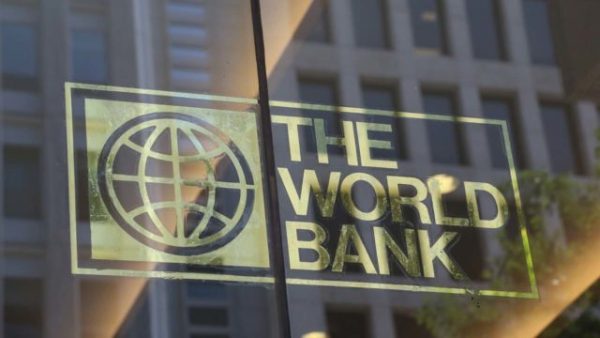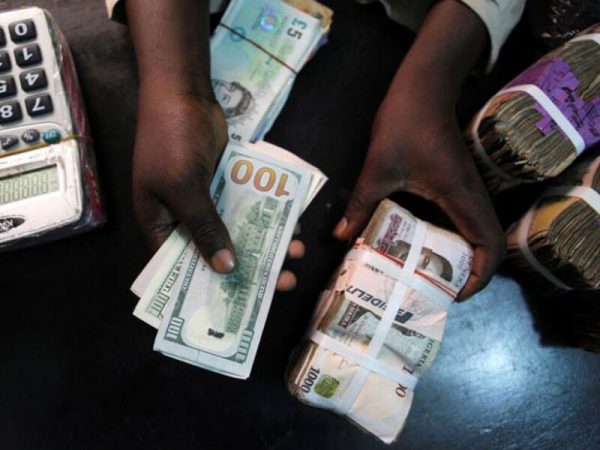The World Bank has downgraded Nigeria’s Gross Domestic Product GDP growth rate to 2.8% in 2023, a slight revision downward from earlier forecasts.
The latest report highlights significant challenges that could hinder the country’s economic progress.

Furthermore, per capita income growth struggles to make meaningful strides, posing obstacles in the fight against extreme poverty.
The following year, a modest improvement to 3.0% is expected. However, despite these growth projections, the report warns that per capita income growth remains sluggish, raising concerns about poverty alleviation efforts.

The latest report from the National Bureau of Statistics reveals Nigeria’s GDP grew by 2.3% in the first quarter of 2023.

The challenges faced by Nigeria are part of a broader economic slowdown across Sub-Saharan Africa (SSA).
The report reveals that growth in SSA is expected to slow from 3.7% in 2022 to 3.2 percent in 2023, with a moderate improvement to 3.9% projected for the following year.
The downgrade is primarily attributed to an abrupt slowdown in South Africa, but downgrades are widespread across energy and metal producers, as well as non-resource-rich countries within the region.
The report highlights limited access to external borrowing as a significant constraint on the region’s economic recovery. As debt burdens and financing needs increase, the ability to secure necessary funds becomes more challenging.
Moreover, high costs of living are projected to continue restraining private consumption across the region. With limited fiscal space and tight monetary policies, investment growth is also expected to be weighed down.
The World Bank also expects global economic growth to slow down to about 2.1% in 2023 due to monetary policy tightening.
After growing 3.1 percent last year, the global economy is set to slow substantially in 2023, to 2.1%, amid continued monetary policy tightening to rein in high inflation, before a tepid recovery in 2024, to 2.4%.
Global growth could be weaker than anticipated in the event of more widespread banking sector stress, or if more persistent inflation pressures prompt tighter-than-expected monetary policy.
Weak growth prospects and heightened risks in the near term compound a long-term slowdown in potential growth, which has been exacerbated by the overlapping shocks of the pandemic, the Russian Federation’s invasion of Ukraine, and the sharp tightening of global financial conditions.
 MMS PLUS NG – Maritime, Aviation, Business, Oil and Gas News Online Newspaper with coverage in Maritime, Oil and Gas, Aviation, Power and Energy as well as Financial News
MMS PLUS NG – Maritime, Aviation, Business, Oil and Gas News Online Newspaper with coverage in Maritime, Oil and Gas, Aviation, Power and Energy as well as Financial News









